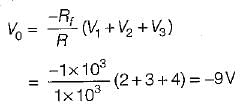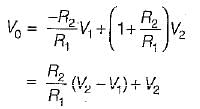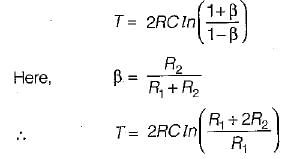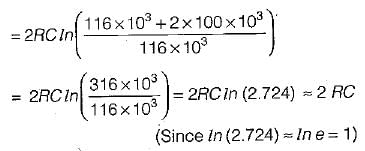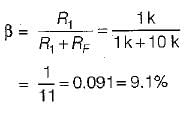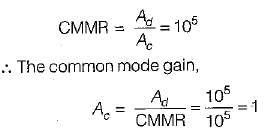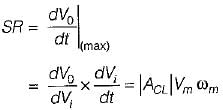Test: Operational Amplifier - Electronics and Communication Engineering (ECE) MCQ
10 Questions MCQ Test - Test: Operational Amplifier
The op-amp circuit shown below is initially nulled having a supply voltages of ± 15 V. The output voltage VQ is
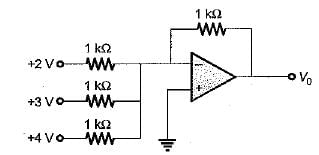

For the circuit shown below, the output voltage is given by
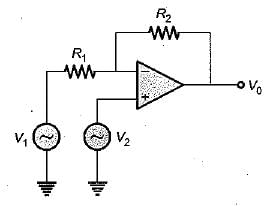

For an astabie multivibrator shown below,
R1 = 116 KΩ, R2 = 100 KΩ, and ± Vsat = ± 14 V.
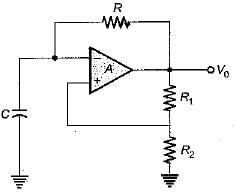
The time constant of the circuit to produce an output of frequency 1 kHz will be
For the op-amp circuit shown below, R1 = 1 kΩ and Rf = 10 kΩ. The feedback factor β of this amplifier is
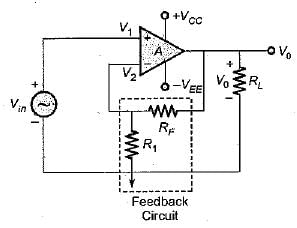
For a given op-amp, CMMR = 105 and differential gain Ad = 105. The common-mode gain of the op-amp is
An inverting amplifier using the 741C must have a fiat response upto 40 kHz. The gain of the amplifier is 10 and slew rate is 0.5 V/μS. The maximum peak-to-peak input signal that can be applied without distorting the output is approximately equal to
An idea! operational amplifier has
1. non-zero, off set voltage.
2. characteristics which do not drift with temperature.
3. an infinite voltage gain.
4. a CMMR more than 120 dB.
5. infinite bandwidth.
Of these statements:


